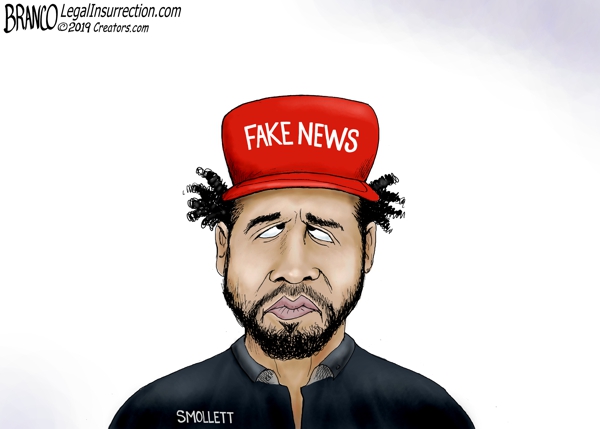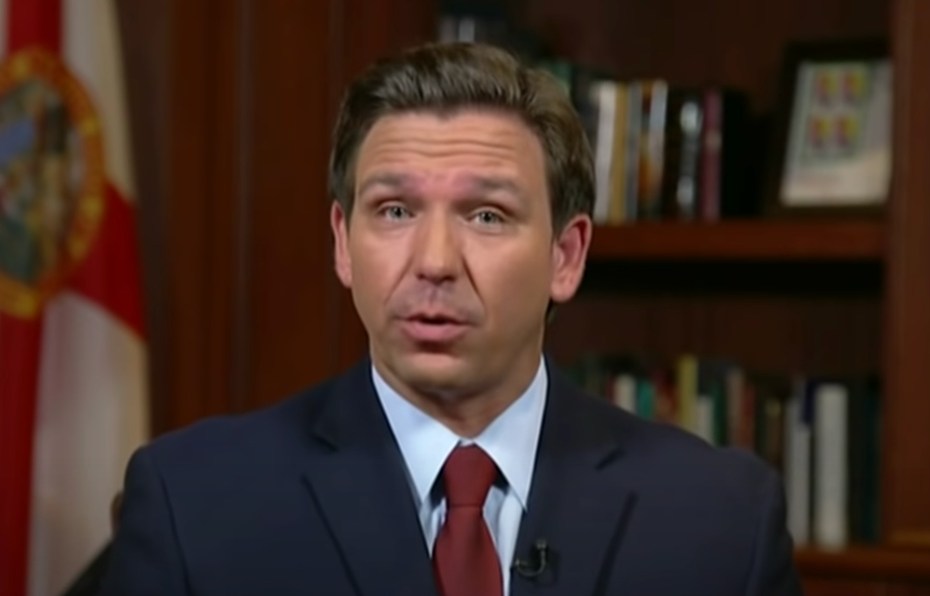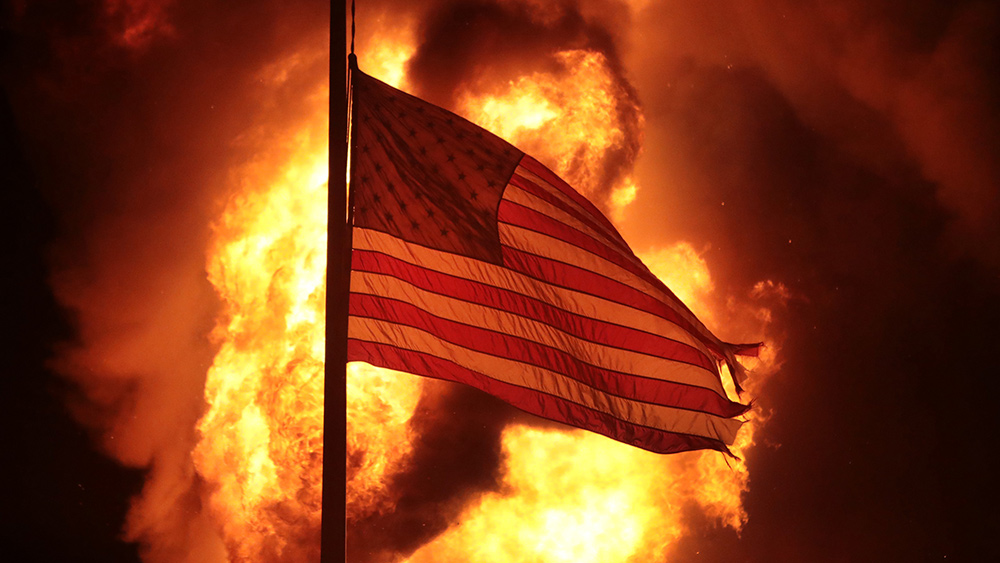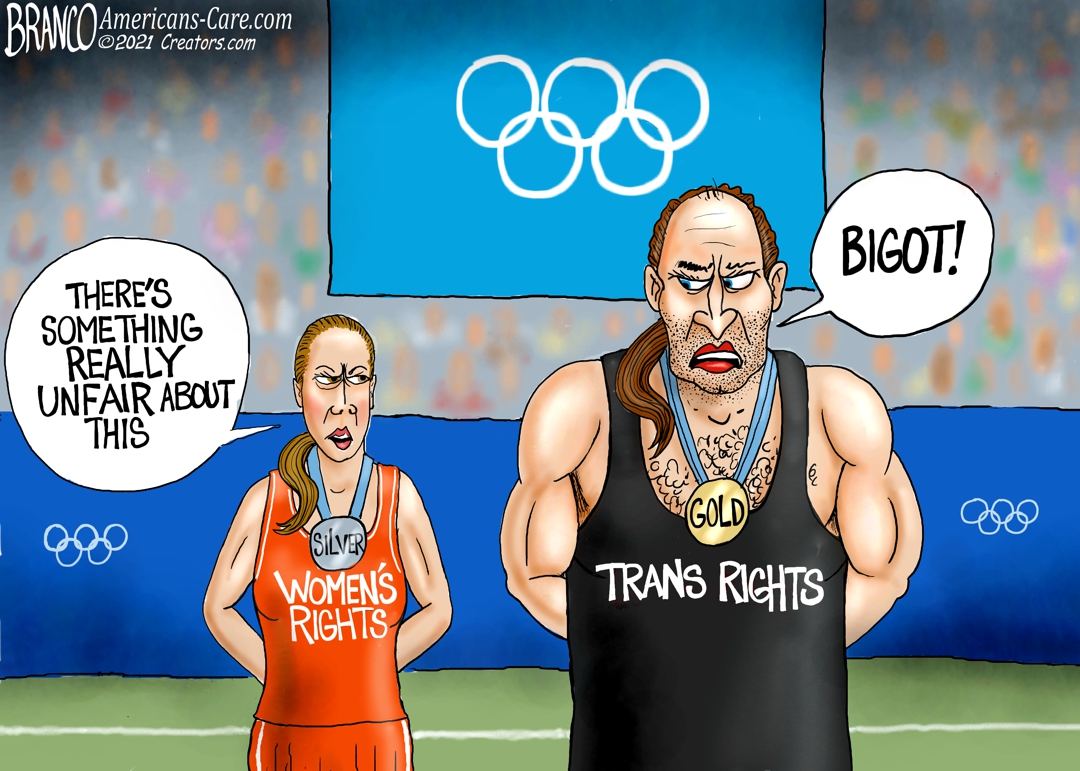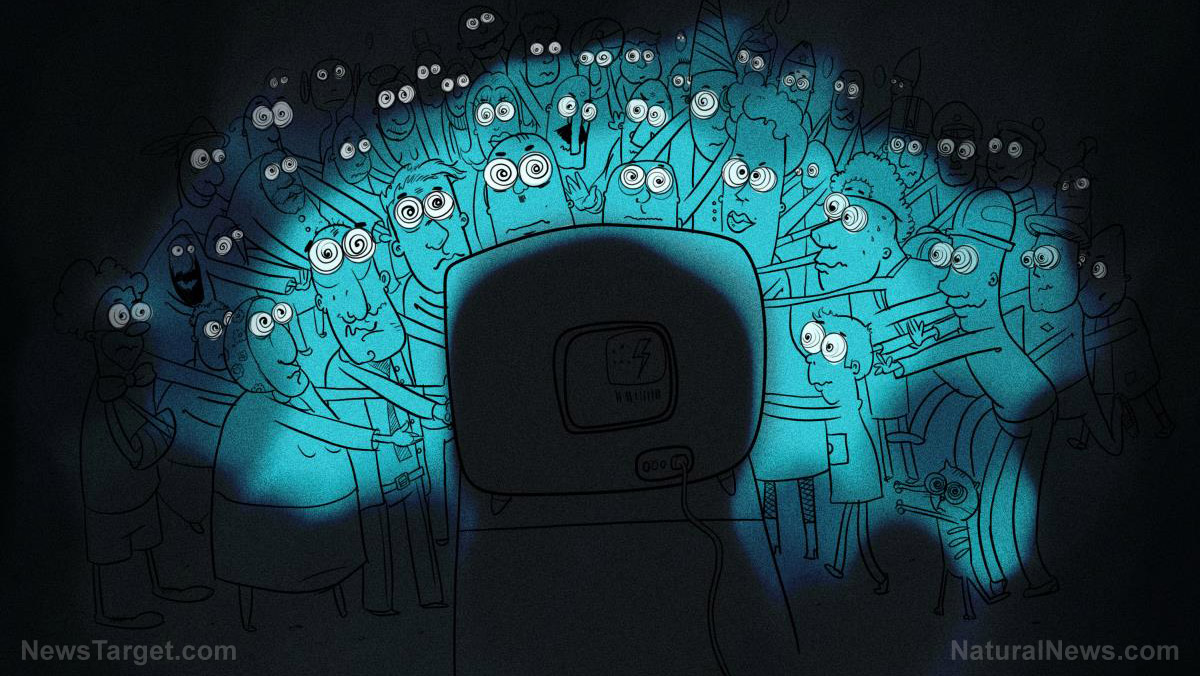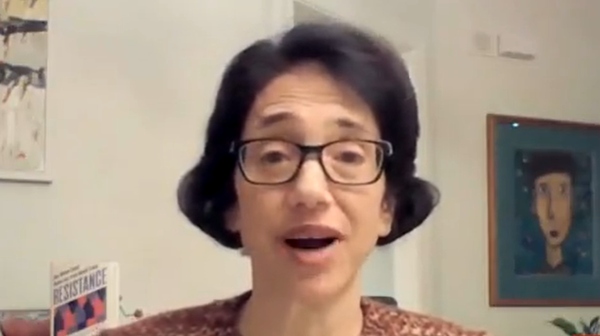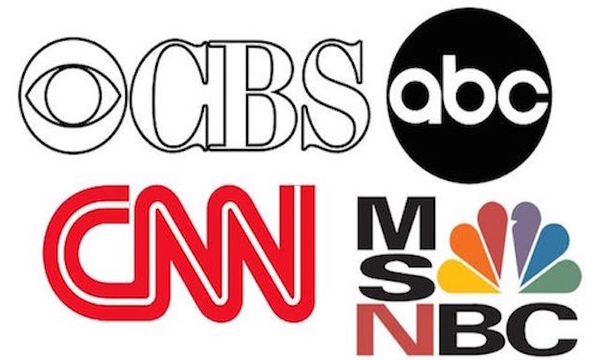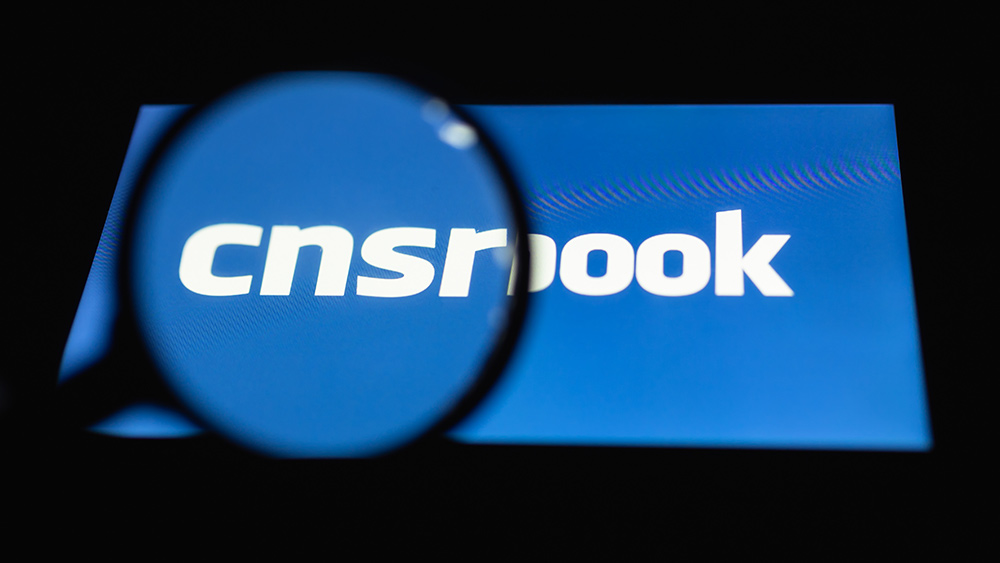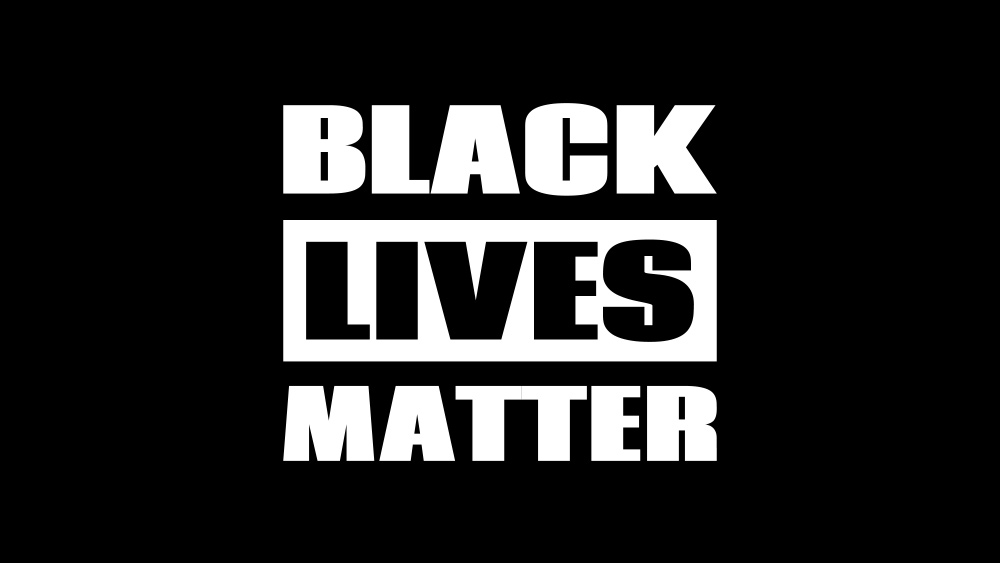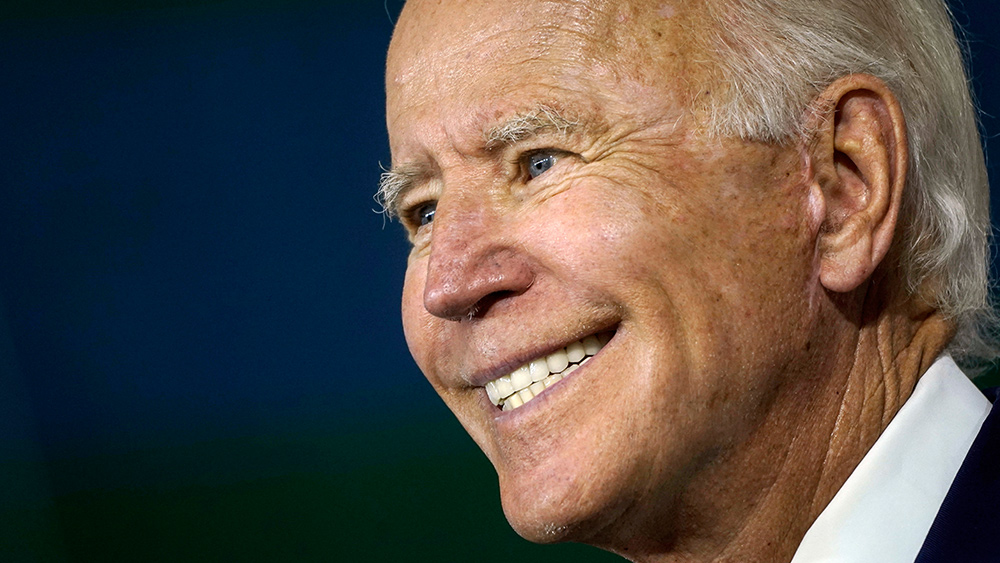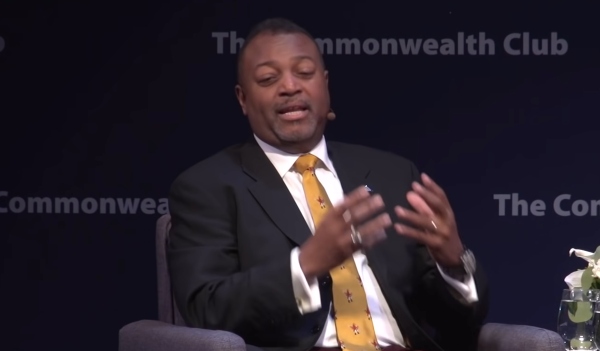Big Tech ban on Donald Trump opens up security concerns for countries worldwide
01/20/2021 / By Ramon Tomey
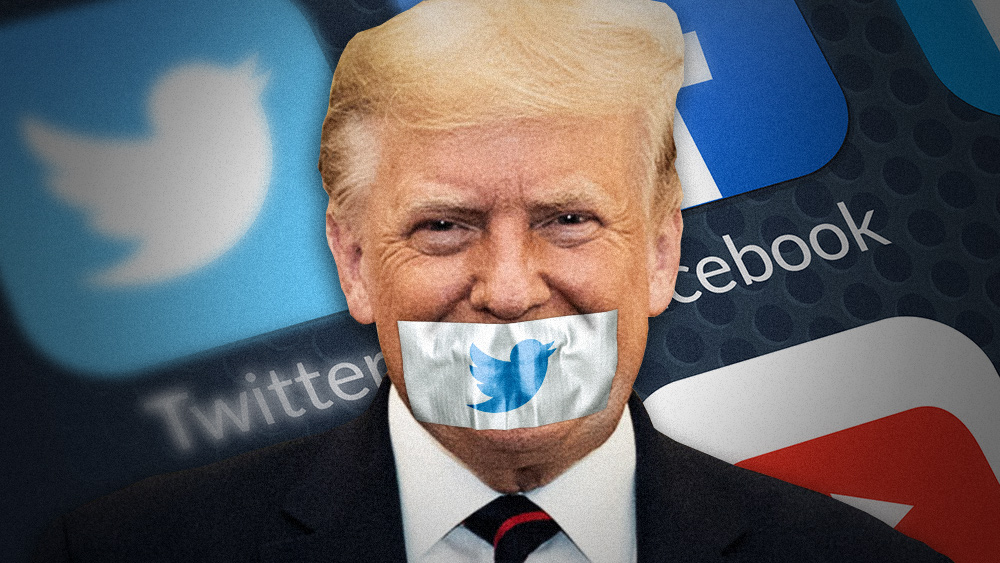
The banning of U.S. President Donald Trump on social media platforms has brought up security concerns for different countries. Trump’s suspension on Facebook and Twitter has made some countries assess their communication channels for potential risks.
According to experts, Big Tech censorship could cause countries to develop their own communication platforms, instead of depending on a few American technology firms with wide powers.
Population Research Institute President Steven Mosher told The Epoch Times that any ideologically driven decision to censor political speech comes with serious consequences. “It will spark a massive move off of their platforms to other existing and new platforms that will be created,” he said. Mosher also remarked that Big Tech firms such as Twitter are “grossly underestimating” the number of people overseas who support Trump, in both the public and private spheres.
Digital privacy expert Attila Tomaschek expressed the same sentiment, saying Big Tech censorship has major global consequences. However, he commented that companies such as Twitter should be consistent when it comes to censorship of posts that incite violence. “They should be consistent in their responses rather than picking and choosing which world leaders should have a voice … and which shouldn’t,” he said.
Tomaschek said that Twitter has not yet banned the account of Iranian leader Ayatollah Ali Khamenei, a Muslim cleric who has repeatedly called for violence against the U.S.
Citing the case of Khamenei, the expert pointed out that “other high-profile accounts, which have much more directly called for violence in the recent past, have not been deplatformed in the same way.”
The comments by Mosher and Tomaschek followed the suspension of Trump’s Facebook and Twitter accounts. The social media platforms indefinitely banned the president for inciting violence in connection with the Jan. 6 siege at the Capitol building in Washington, D.C. Five people died in the incident, including a D.C. police officer.
In a statement, Facebook head Mark Zuckerberg said: “The shocking events clearly demonstrate that President Donald Trump intends to use his remaining time in office to undermine the peaceful and lawful transition of power.” Meanwhile, Twitter announced that it had permanently suspended Trump’s account “due to the risk of further incitement of violence.”
Concerns expressed over Big Tech’s growing censorship power
University of Florida social media professor Andrew Selepak said Facebook and Twitter’s suspension of Trump “demonstrate that they have the power to do so.” However, other countries could possibly use Trump’s example to justify banning Twitter and Facebook in their own borders. “Right-leaning politicians in other countries should be the most concerned that these platforms appear to be targeting conservative or right-wing ideologies,” he said.
Section 230 of the Communications Decency Act of 1990 states that “no provider or user of an interactive computer service shall be treated as the publisher or speaker of any information provided by another information content provider.” Social media platforms have invoked this section to shield themselves from legal liability – which prompted calls to amend the legislation. (Related: GOP lawmakers promote Section 230 reform to address Big Tech censorship of conservatives.)
Constitutional attorney Robert Barnes remarked that an amendment for Section 230 is “long overdue.” He explained that social media platforms should only be protected against lawsuits if they uphold First Amendment activities. Barnes added that countries should prohibit social media platforms to censor speech, especially by elected officials, within their borders.
Speaking to The Epoch Times, Barnes said: “Creating alternative platforms will be critical, both in the U.S. and abroad.” (Related: GOT IT NOW? Parler’s Dan Bongino once argued that free market competition would solve Big Tech censorship.)
A number of officials from other countries meanwhile reacted to Facebook and Twitter banning Trump. A spokesman for German Chancellor Angela Merkel said she considered the social media platforms’ ban on the American president “problematic.” Mexican President Andres Manuel Lopez Obrador compared the moves to “a court of censorship like the Inquisition to manage public opinion.”
Australian Deputy Prime Minister Michael McCormack commented: “There’s been a lot of people who have said and done a lot of things on Twitter previously that haven’t received that sort of condemnation or censorship.” Meanwhile, French Finance Minister Bruno Le Maire said: “What shocks me is that Twitter is the one to close his account. The regulation of the digital world cannot be done by the digital oligarchy.”
TechGiants.news has more about Big Tech banning Donald Trump from their platforms.
Sources include:
Tagged Under: account suspension, alternative platforms, biased censorship, Big Tech, digital censorship, Donald Trump, Facebook, First Amendment, free speech, Section 230, Social media, Trump ban, Twitter
RECENT NEWS & ARTICLES
COPYRIGHT © 2017 GROUP THINK NEWS

